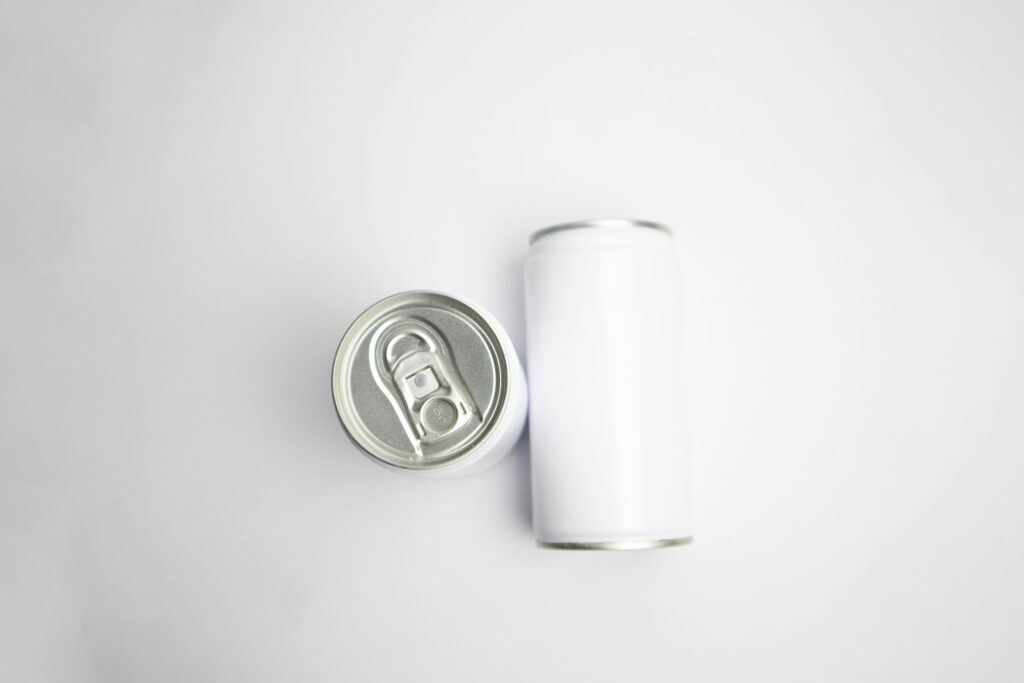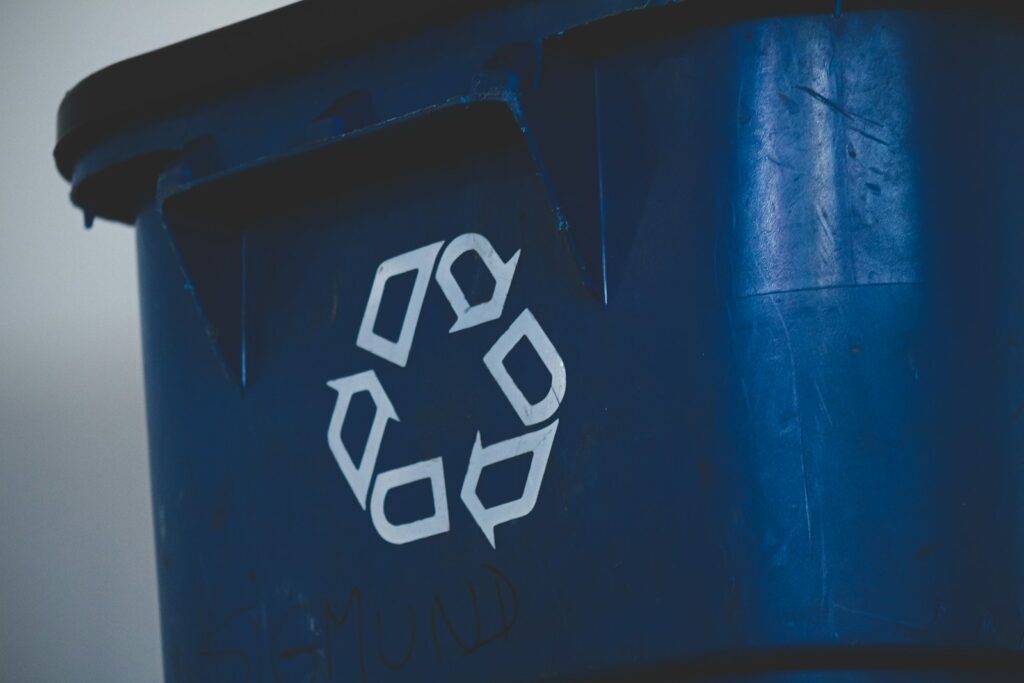Coventry will resurface more of its roads with recycled plastic pellets and rubber crumbs that have come from old vehicle tyres, following a successful pilot scheme.
Birmingham Road in Allesley will be the next road to be resurfaced using the material, which follows the successful trial on Montalt Road in Cheylesmore.
Around 20 million tonnes of standard asphalt, which is made using the fossil fuel bitumen as a binding agent, is produced each year in the UK.
However, as soon as the bitumen is exposed to oxygen, it starts to degrade. Historically, bitumen contains a lot of sulphur which slows the degradation down, but in recent years the technology around oil extraction has improved.
Oil companies can now extract the sulphur from the bitumen, which means the bitumen degrades much quicker than it used to, leaving local authorities to look to more innovative and cost-effective solutions.
Cllr Pat Hetherton, Coventry City Council’s cabinet member for City Services, said: ‘We were thrilled with the results of our trial on Montalt Road, one of the city’s residential streets, so we’re continuing to use recycled materials on our roads as we’ve seen the benefits for road users, and of course the environment.
‘Birmingham Road is one of the city’s busier routes, and the busiest route we’ve used this environmentally friendly option on but we are confident it will prove to be very successful. ‘
Last year, Environment Journal interviewed Toby McCartney, an engineer at Scottish start-up MacRebur.
MacRebur is one company who replace the lost nutrients in bitumen with plastic, which McCartney says creates a more durable and longer lasting road surface.
‘A lot of people thought they would see a bottle top or an old plastic bag hanging out of the road and they were concerned with microplastics being washed out of the road and into our rivers,’ he said.
‘Councils save money because in the long term we use their waste for their road. Councils have a big problem of what to do with the waste, we take some of it off their hands, and they have less maintenance to do. There are cost savings throughout.’
















